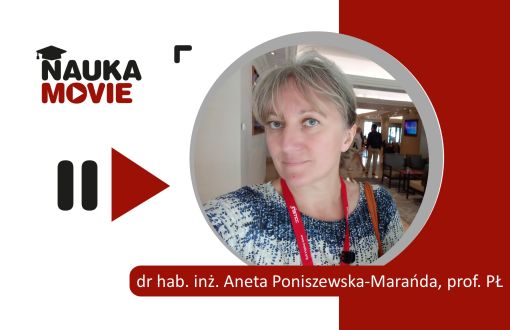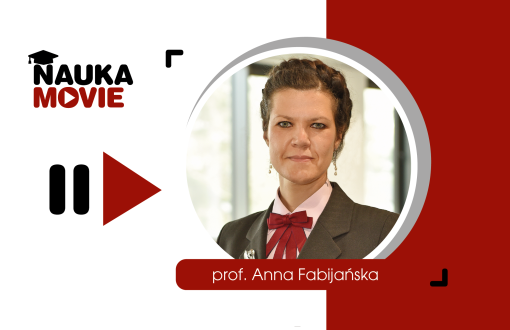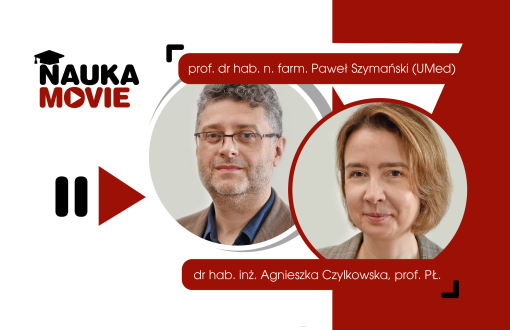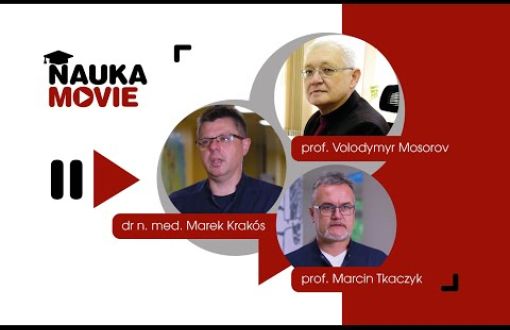Science Talk(ie)s

Will the same washing powder bought in Poland and Germany wash the same amount of stains? Researchers carrying out the Artificial Intelligence and Blockchain for Product Quality and Safety System (SALUS) project will help answer this question. The work is led by Assoc. Prof. Aneta Poniszewska-Marańda, at TUL.

"When it reaches an IQ of 100 or 150, there will be no problem. But when a 1000 or 10,000, what then? This could be humanity's greatest achievement. But at the same time its end," this is what Stephen Hawking said about artificial intelligence. It is undoubtedly one of the fastest growing branches of computer science, and at the same time a very interesting topic of scientific research. Prof. Anna Fabijanska (Hirsh Index 14, about 900 citations, professorship at 39) uses artificial intelligence to analyse digital images, among other things.

The number of oncological patients is growing every year, and as a result, the need to develop effective anti-cancer drugs is increasing. A team of scientists from Lodz University of Technology, Medical Universities of Lodz and Lublin and the Centre of Molecular and Macromolecular Studies of Polish Academy of Sciences in Lodz are responding to this challenge. They designed, synthesized, and thoroughly studied the physicochemical and biological properties of two new compounds with potential anti-cancer effects. dr hab. inż. Agnieszka Czylkowska, TUL prof. and prof. dr hab. n. farm. Paweł Szymański.
Science Talk(ie)s - Professor Dariusz Bieliński, Mateusz Imiela
Science Talk(ie): Professor Krzysztof Jóźwik
dr inż. arch. Rafał Szrajber, dr inż. Radosław Bednarski i mgr inż. Damian Jóźwiak - seeing with your ears
Biodegradable fibers.
First whiff
Analysis of image perception
Tracing the chemical puzzle
Design thinking
Professor Piotr Borkowski - CERN connection
The Raptors from TUL to Mars

